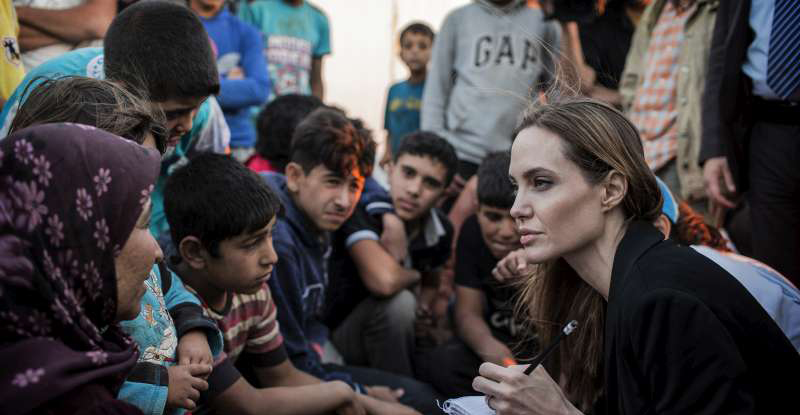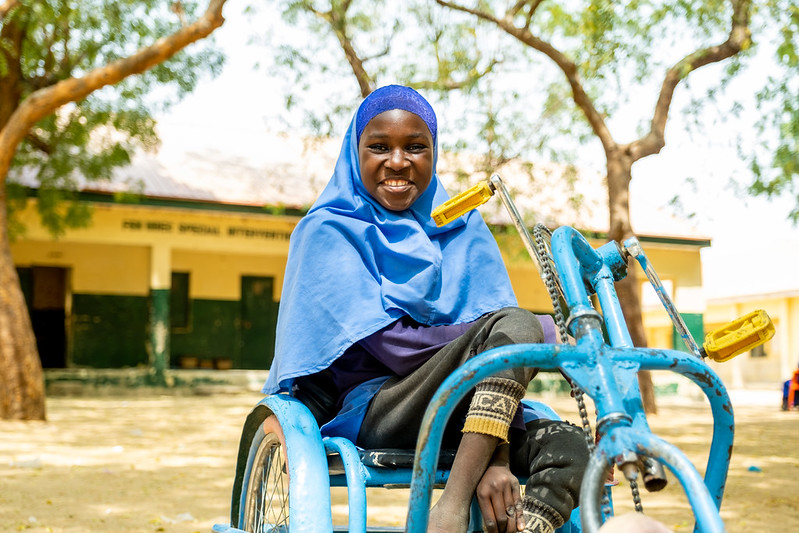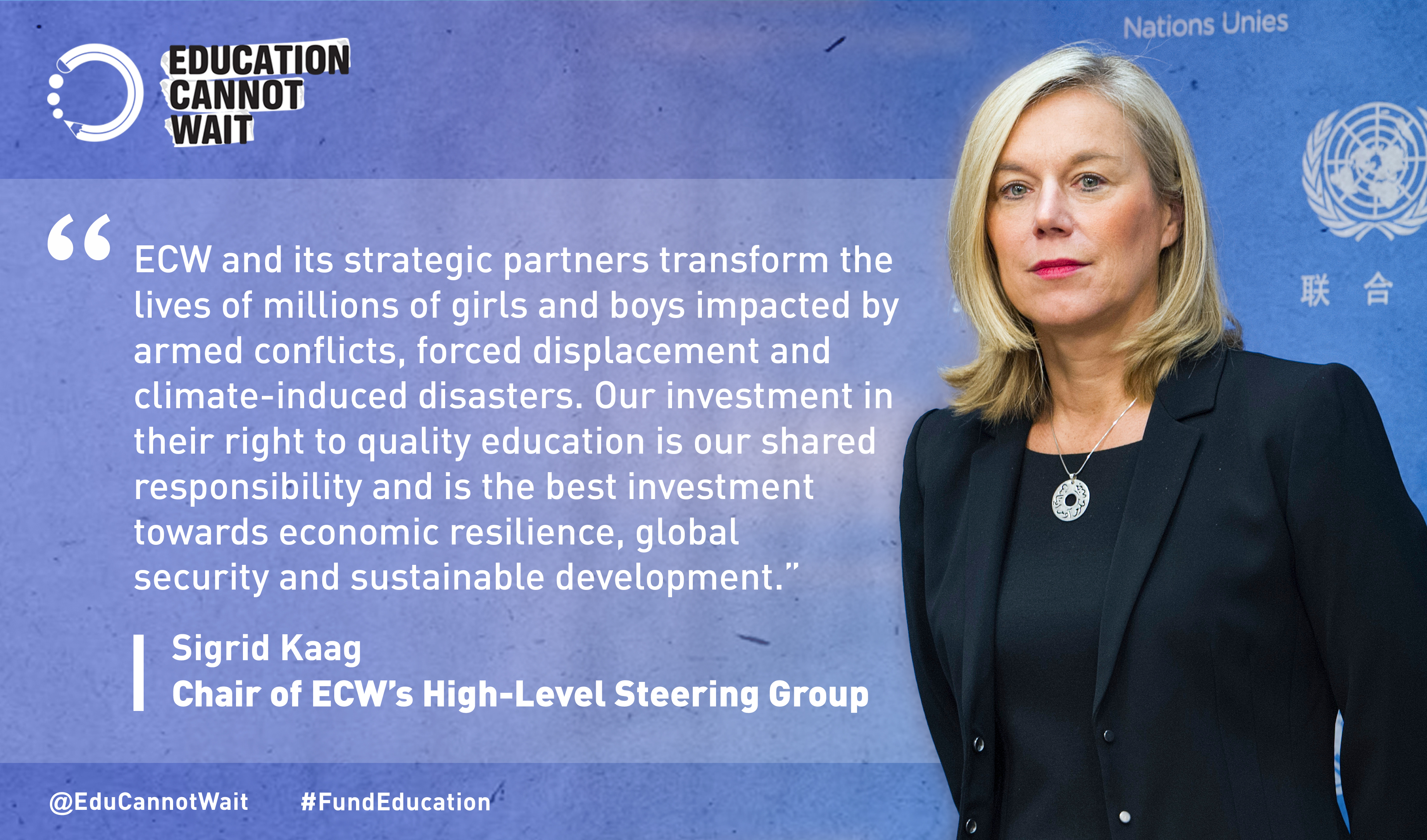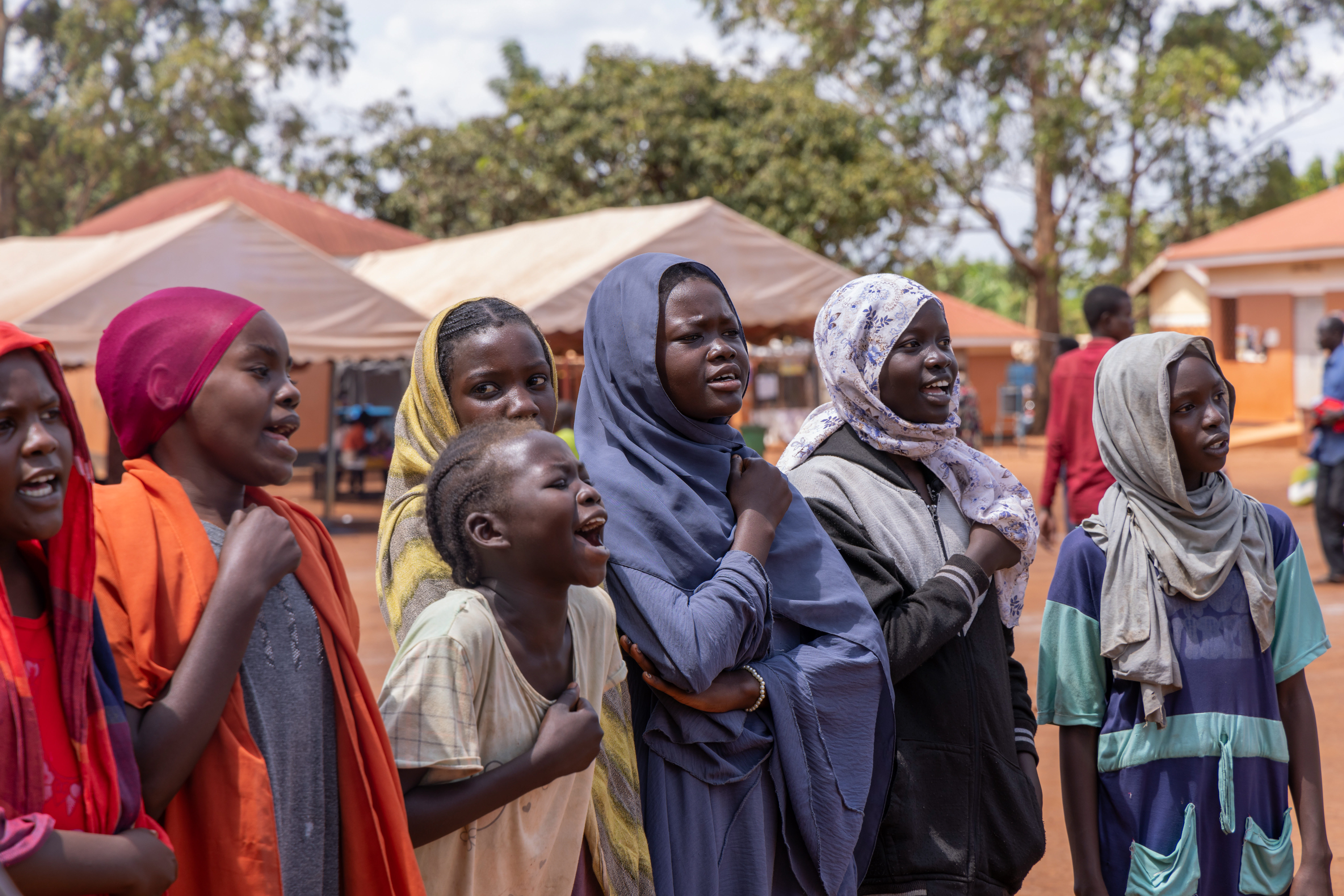Unesco, Unhcr & Education Cannot Wait Call for the Inclusion of Refugees in the Post-covid19 Education Effort

We must not leave young refugees by the wayside, urged UNESCO, the Office of the United Nations High Commissioner for Refugees (UNHCR) and Education Cannot Wait as they urged more support in favour of young refugees’ education during an online debate today, moderated by UNHCR Special Envoy Angelina Jolie, on how best to provide them with improved learning during and after the pandemic.
“Mobilizing for refugees is extremely urgent at a time when they are particularly vulnerable to the Covid-19 crisis and its aftermath,” said UNESCO Director-General Audrey Azoulay, as she opened the meeting. “The Covid-19 crisis is jeopardizing everything we have done for the education of refugees and migrants, their integration and chances of self-realization. We must strengthen our action in favour of the most vulnerable in order to guarantee them this fundamental right.”
“The Global Compact on Refugees rests on an important foundation: responding to crises of forced displacement needs to bring together governments, civil society, networks like Education Cannot Wait, businesses like Vodaphone and above all, refugees,” said the High Commissioner for Refugees, Filippo Grandi.
“ECW sees that all too often, refugee children and youth – among the most vulnerable people in the world – are left out of COVID-19 responses. It is important that ECW’s responses reach those left furthest behind. For this reason, we dedicated our newest round of education in emergency funding for COVID-19 to support refugee children and youth, especially girls,” said Yasmine Sherif, Director of Education Cannot Wait. “We are also looking at distance learning to open up access to education for forcibly displaced children and youth.”
The roundtable was attended by young refugee students and graduates, the ministers of Education of Cameroon, Kenya and Pakistan, and representatives of the Global Coalition for Education established under the auspices of UNESCO. The debate was moderated by the United Nations Special Envoy, actor Angelina Jolie, a displaced persons’ advocate of long standing.
Introducing the discussion, Canada’s Minister of International Development, Karina Gould, said, “As the world is still dealing with the devastating impacts from the pandemic, we must ensure that displaced and refugee youth can continue to learn. Every child deserves a quality education in an environment that is safe and inclusive.”
Concluding the meeting, the United Kingdom’s Under-Secretary for Foreign Affairs, Baroness Sugg, stressed that “Education must be prioritized in the global recovery from coronavirus. This epidemic is not just a health crisis, it is an education crisis, especially for refugee children. Without school and an education, they will be unable to rebuild their lives and achieve their full potential.”
Speakers warned that the pandemic risked jeopardizing the progress made in education in recent years, especially for young girls, at least 20% of whom are at risk of not resuming the studies they had to interrupt during school closures, according to a UNHCR estimate. However, a number of governments are planning to include refugees in post-pandemic response measures, such as distance education, in line with their commitments under the Global Compact on Refugees.
The event was co-sponsored by Canada, the United Kingdom and the global Education Cannot Wait fund, which channelled its second COVID emergency allocation to refugees.
For Press Inquiries:
Anouk Desgroseilliers:
adesgroseilliers@un-ecw.org
+1-917-640-6820
Kent Page:
kpage@unicef.org
+1-917-302-1735



